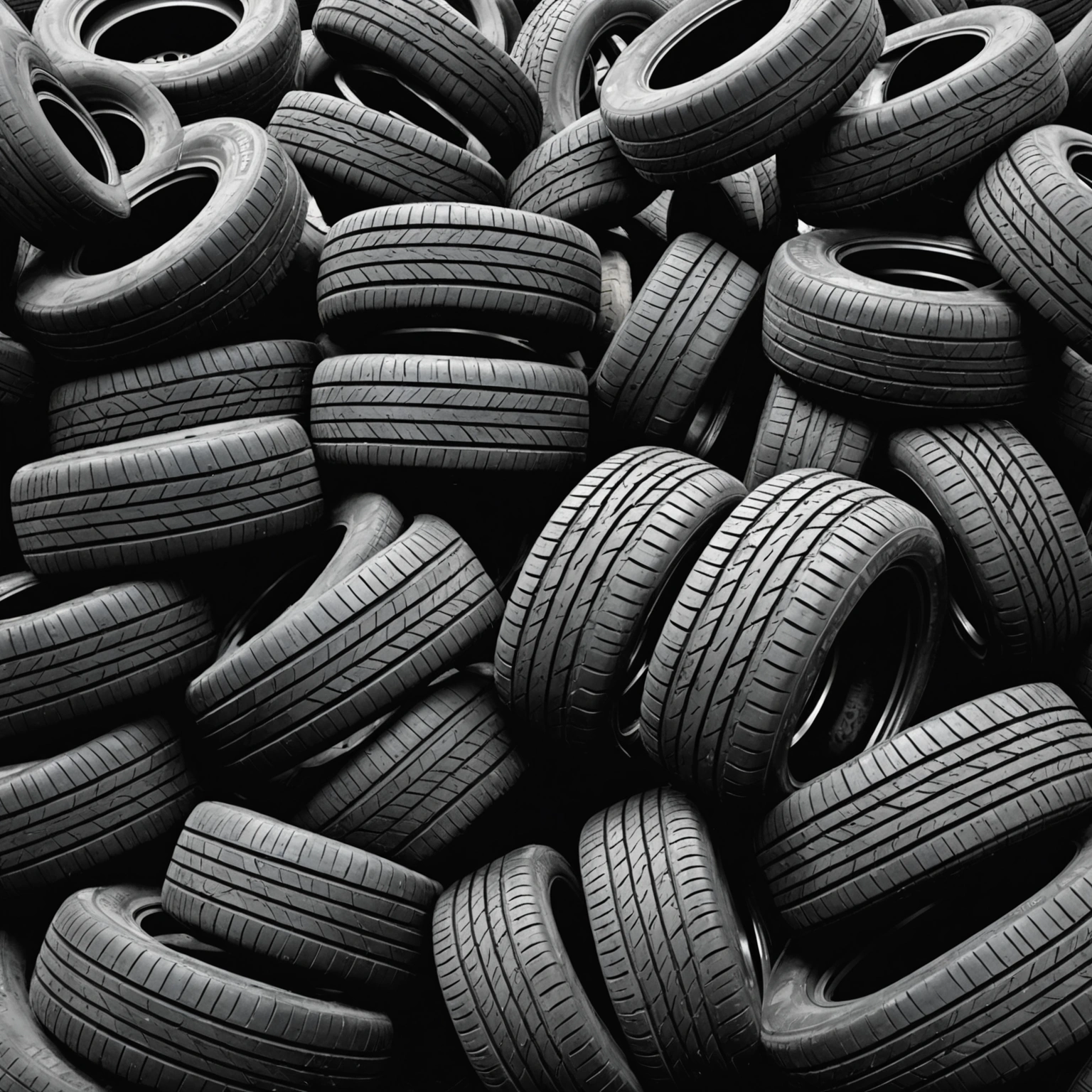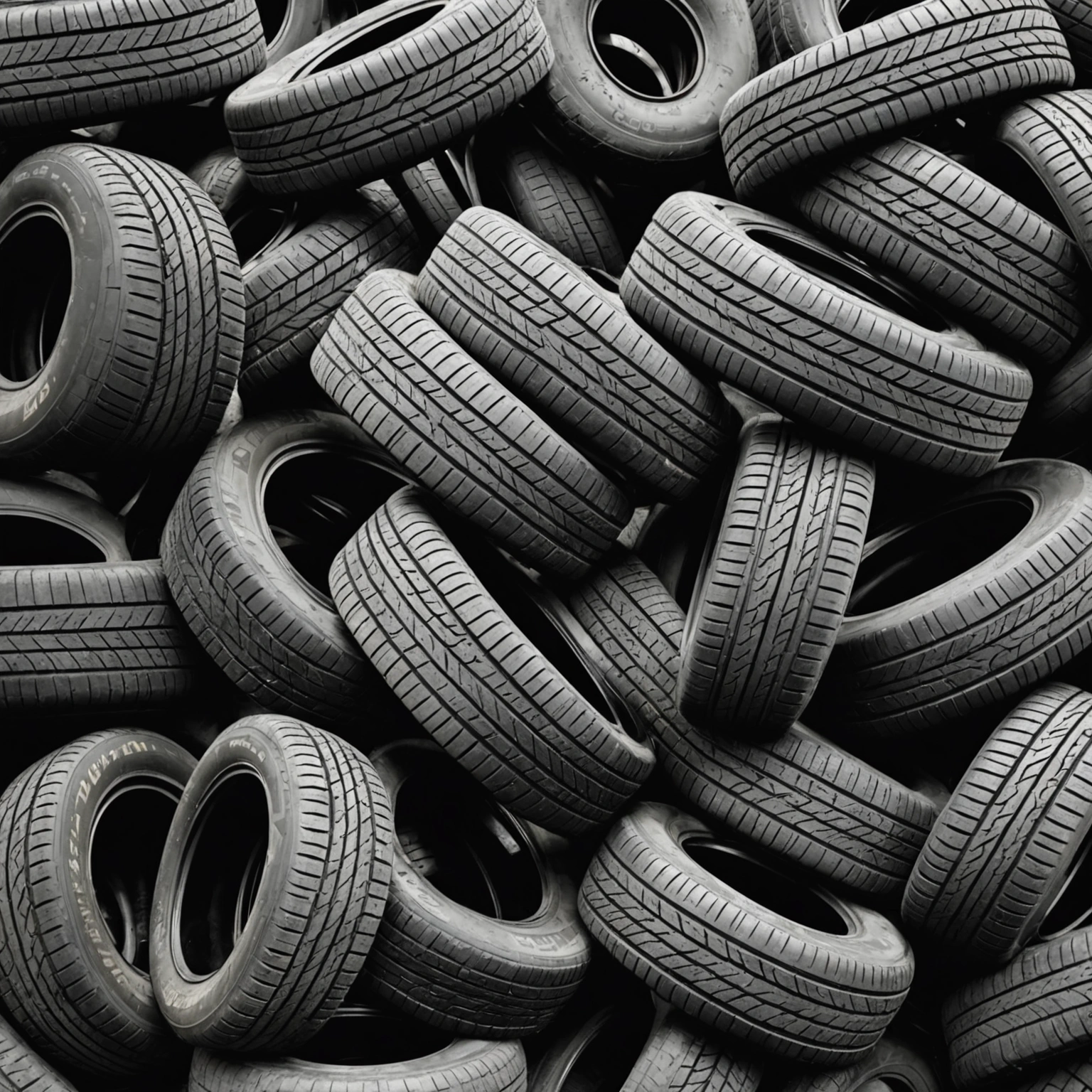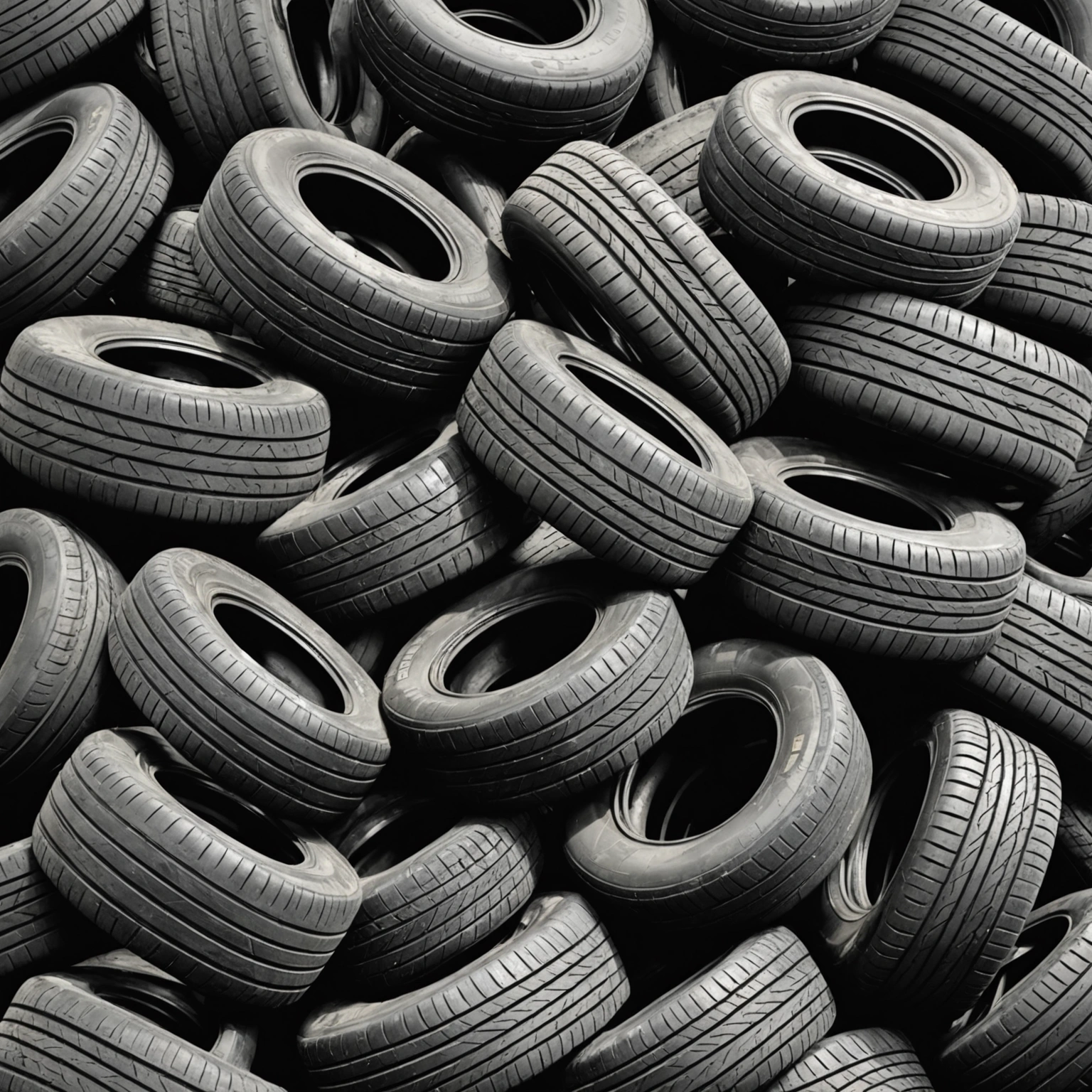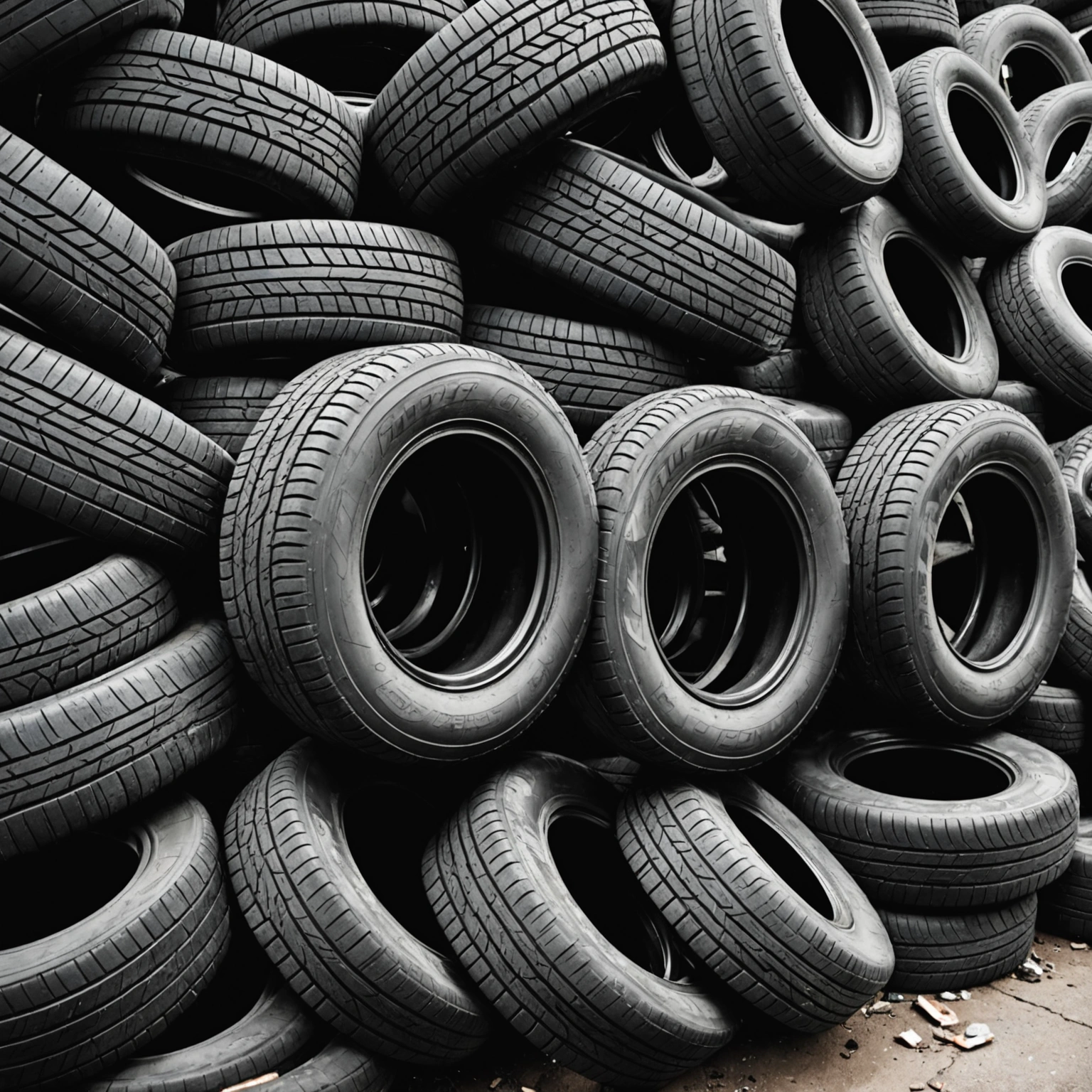**Are Tires Considered Hazardous Waste? An In-Depth Look**
When it comes to disposing of old tires, many people wonder whether they are classified as hazardous waste. Understanding the proper handling and disposal of tires is essential for environmental protection and compliance with regulations. Here’s what you need to know.

### Are Tires Considered Hazardous Waste?
**In general, used tires are not classified as hazardous waste under federal regulations.** According to the Environmental Protection Agency (EPA) in the United States, tires are considered non-hazardous waste when they are simply discarded or disposed of. However, this classification can vary depending on certain conditions and local regulations.

### Why Are Tires Not Usually Hazardous Waste?
Tires are primarily composed of rubber, steel, and fabric, which are inert materials. They do not contain significant amounts of toxic substances that would automatically classify them as hazardous waste. Nonetheless, tires can pose environmental and health concerns if not managed properly.

### Environmental Concerns Associated with Tires
Despite not being classified as hazardous waste, tires can cause environmental problems, including:

– **Fire hazards:** Tire fires are notoriously difficult to extinguish and can release toxic fumes.
– **Breeding grounds for pests:** Stacked tires can collect water, creating breeding sites for mosquitoes and other pests.
– **Persistent waste:** Tires take a very long time to decompose, leading to environmental clutter and pollution.
### When Might Tires Be Considered Hazardous?
Certain conditions can change the classification of tires:
– **Contamination:** If tires are contaminated with hazardous substances (e.g., oil, chemicals, or heavy metals), they may be classified as hazardous waste.
– **Recycling and processing:** During certain recycling processes, tires or their components may be subject to hazardous waste regulations if hazardous materials are involved.
### Proper Disposal and Recycling of Tires
Even though tires are not classified as hazardous waste, improper disposal is illegal in many areas due to their environmental impact. Proper disposal methods include:
– **Recycling:** Tires can be recycled into various products such as rubber mulch, asphalt, and new tires.
– **Dedicated tire disposal facilities:** Many regions have specialized facilities for tire collection and recycling.
– **Drop-off at authorized centers:** Many auto shops and recycling centers accept used tires for environmentally safe disposal.
### Regulations and Best Practices
– **Check local regulations:** Disposal rules can vary by state or country, so it’s important to consult local environmental agencies.
– **Use certified recyclers:** Ensure that your tires are taken to authorized recycling centers.
– **Prevent illegal dumping:** Disposing of tires improperly can lead to environmental fines and health hazards.
### Conclusion
In summary, **tires are generally not considered hazardous waste** under federal regulations, but they require proper management due to their environmental impact. Responsible disposal and recycling are essential to prevent pollution, fire hazards, and pest breeding issues. Always adhere to local regulations and seek out certified recycling options to ensure environmentally safe disposal of your used tires.
—
**Have questions about car maintenance or disposal? Feel free to ask!**

